Mar, 19, Kathmandu- North Korea has launched a short-range missile today. This is the fourth missile launch by Pyongyang within a week.
A powerful missile is believed to have been launched by Pyongyang in protest of the largest joint military exercise between South Korea and the United States in five years.
The joint military exercises conducted by the US and South Korea have been taken by the North as a rehearsal for an attack on itself.
In recent times, Washington and Seoul have been deepening mutual cooperation in view of the growing military and nuclear threats from the North.
North Korea has also regularly continued a series of banned weapons tests.
The South Korean military said that Pyongyang launched a short-range missile towards the East Sea from the Tongchangri region of North Pyongan province this morning.
According to the South Korean army, the missile flew up to 800 kilometers. Seoul has called today's launch a serious provocation and a violation of UN sanctions.
The US Army's Indo-Pacific Command has also condemned the launch. Japan has also condemned the test.
Japan's Deputy Defense Minister Toshiro Ino told reporters that Tokyo has opposed North Korea through its embassy in Beijing.
North Korea's state media reported that the missile test took place the day after more than 800,000 young people volunteered to join the national army against US imperialism. They have said that they are ready to serve in the army for the sake of protecting the country.
Security analysts have said that North Korea has repeatedly tested short and long-range missiles and has targeted American military bases and South Korean command centers in the Indo-Pacific region. They argue that North Korea's launch today will further strengthen cooperation between Tokyo, Seoul, and Washington.
Earlier this month, North Korean leader Kim Jong-un instructed relevant agencies to prepare for real war and intensify military exercises.
Pyongyang has taken the joint military exercise between the US and South Korea as a rehearsal for an attack on it and has repeatedly warned that it will retaliate. In addition, he demanded that US-South Korea joint exercises should be stopped to prevent the vicious cycle of increasing military tension.
A few days ago, North Korea launched two strategic cruise missiles from a submarine in protest of the joint military exercise between the US and South Korea.
South Korean President Yoon Suk-yeol's office has accused North Korea of increasing regional tensions. He also condemned the answer.
The Office of the South Korean President has commented that Pyongyang, which has gone through economic problems and food problems, has accelerated the development of nuclear weapons and caused international sanctions.
Kim Jong-un, General Secretary of the Workers' Party of Korea, recently emphasized on modern agriculture while prioritizing grain production for national economic development in the full meeting of the extended Central Committee of the party in Pyongyang. He called for more efforts to reach the long-term objective of agricultural development by improving irrigation, modernizing agricultural production and developing science and technology to address the food crisis.
North Korea has not launched its powerful missile till today. Declaring himself an irreversible nuclear power, he has been calling missile testing his right and priority.
To deal with the growing challenge of North Korea, Seoul, and Tokyo recently agreed to forget past disputes and agreed to exchange information on Pyongyang's activities. Last Thursday, Japan and South Korea agreed to share secret information about Pyongyang's nuclear and missile programs.
North Korea's continued missile tests have drawn longtime rivals Japan and South Korea closer, according to defense analysts.
After twelve years, the South Korean president visited Japan and after the summit meeting with the top leadership, they commented that it was due to Pyongyang that they mutually agreed to increase security cooperation.
In his talks with President Yun, Japanese Prime Minister Fumio Kishida emphasized that Seoul and Tokyo should not unite to face the North.
The exchange of security information, which was stopped due to the deterioration of relations with Seoul, will now resume, while the bilateral security talks will also be suspended.
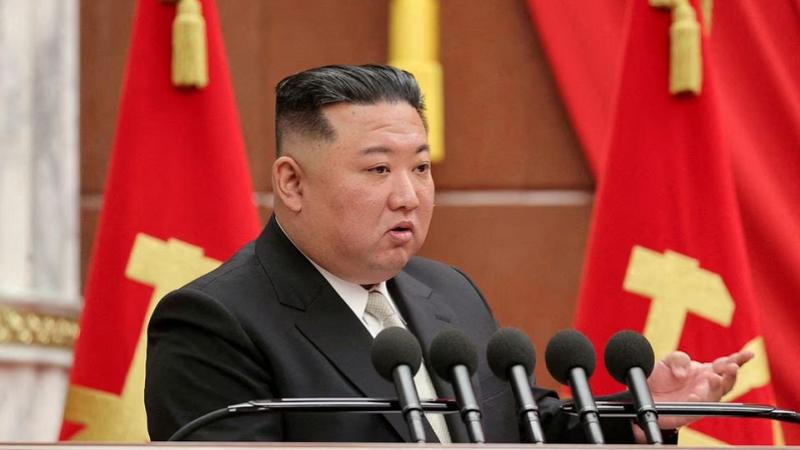


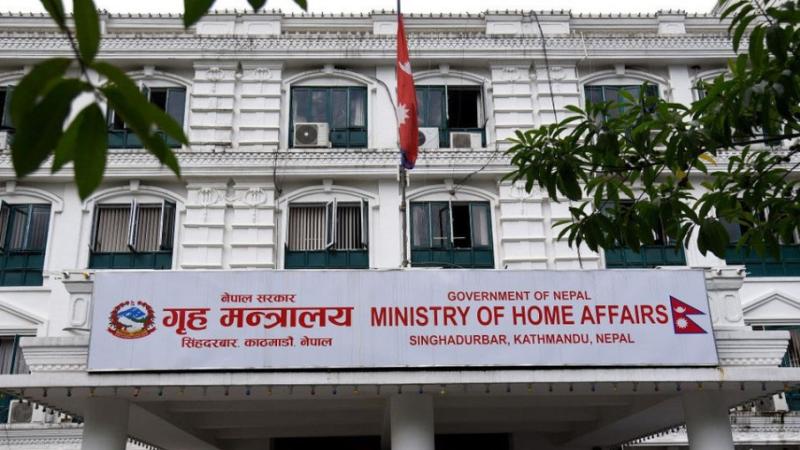
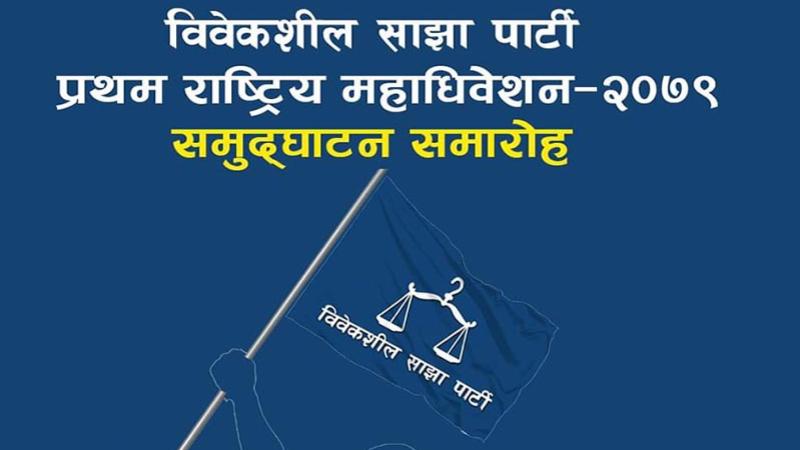
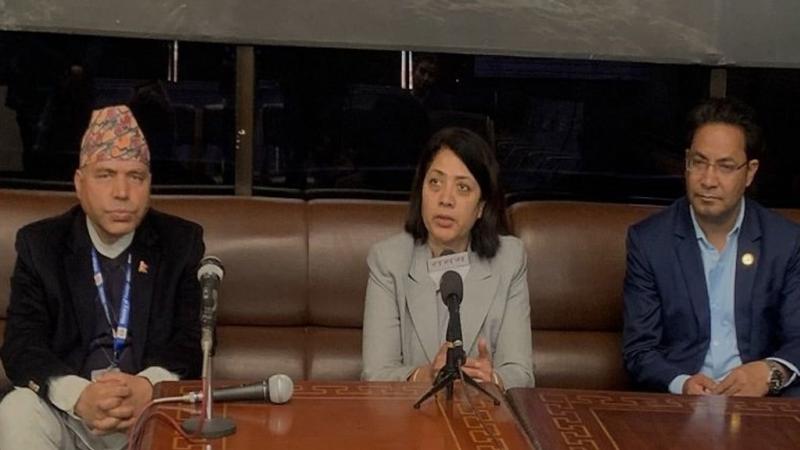

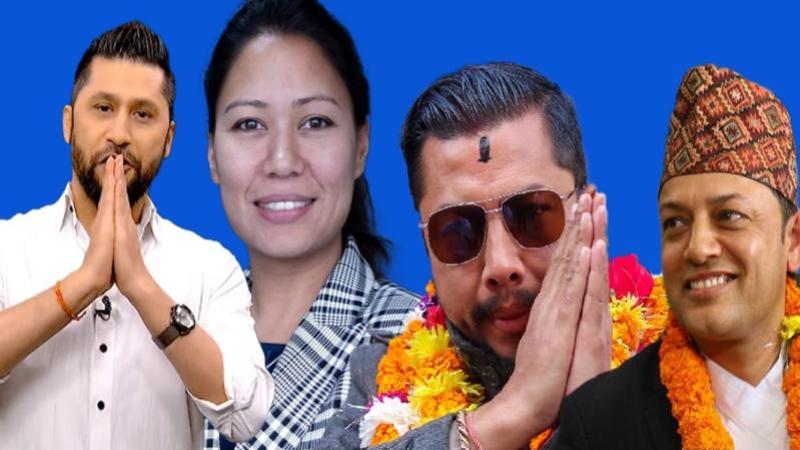
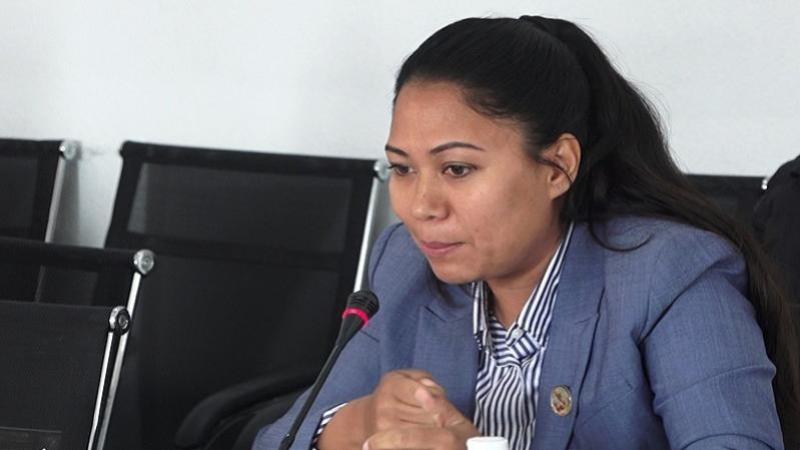
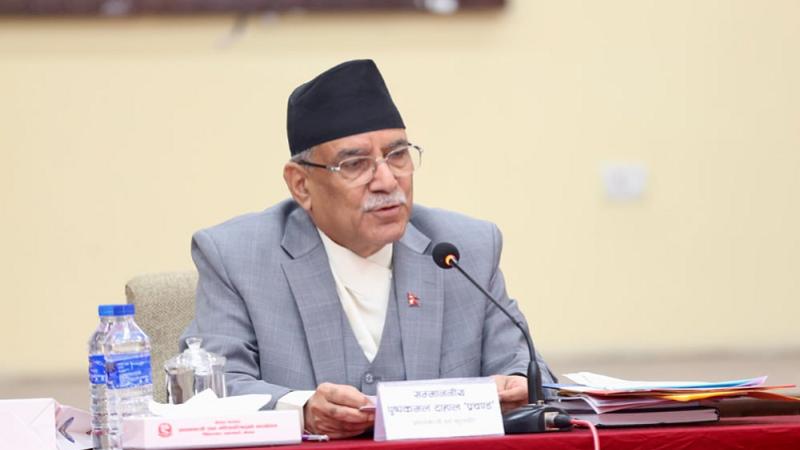

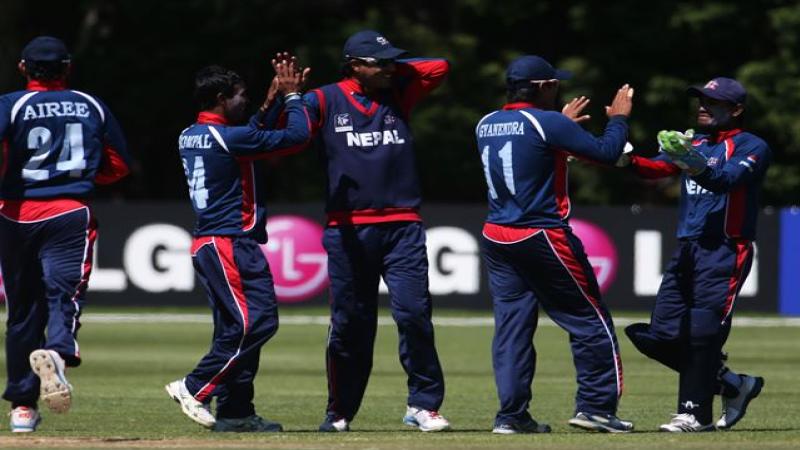

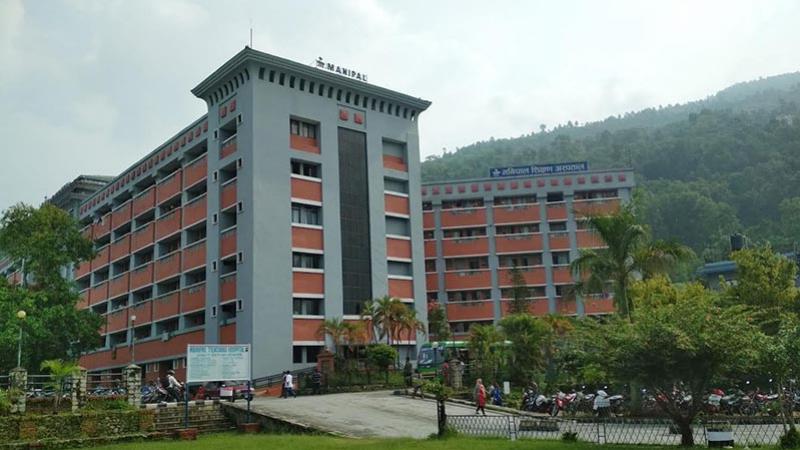
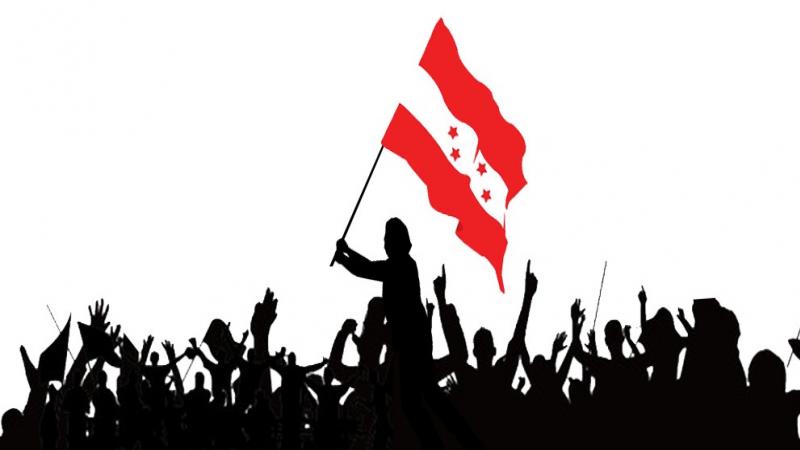
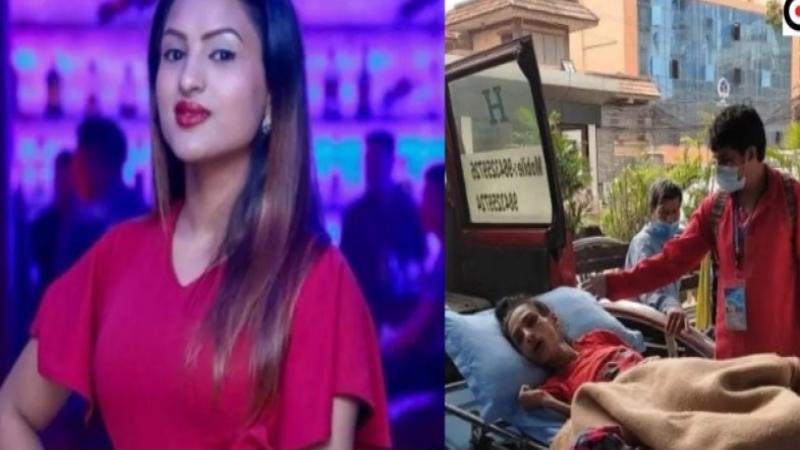


 Indian Rupee
Indian Rupee U.S. Dollar
U.S. Dollar European Euro
European Euro UK Pound Sterling
UK Pound Sterling Swiss Franc
Swiss Franc Australian Dollar
Australian Dollar Canadian Dollar
Canadian Dollar Singapore Dollar
Singapore Dollar Japanese Yen
Japanese Yen Chinese Yuan
Chinese Yuan Saudi Arabian Riyal
Saudi Arabian Riyal Qatari Riyal
Qatari Riyal Thai Baht
Thai Baht UAE Dirham
UAE Dirham Malaysian Ringgit
Malaysian Ringgit South Korean Won
South Korean Won Swedish Kroner
Swedish Kroner Danish Kroner
Danish Kroner Hong Kong Dollar
Hong Kong Dollar Kuwaity Dinar
Kuwaity Dinar Bahrain Dinar
Bahrain Dinar